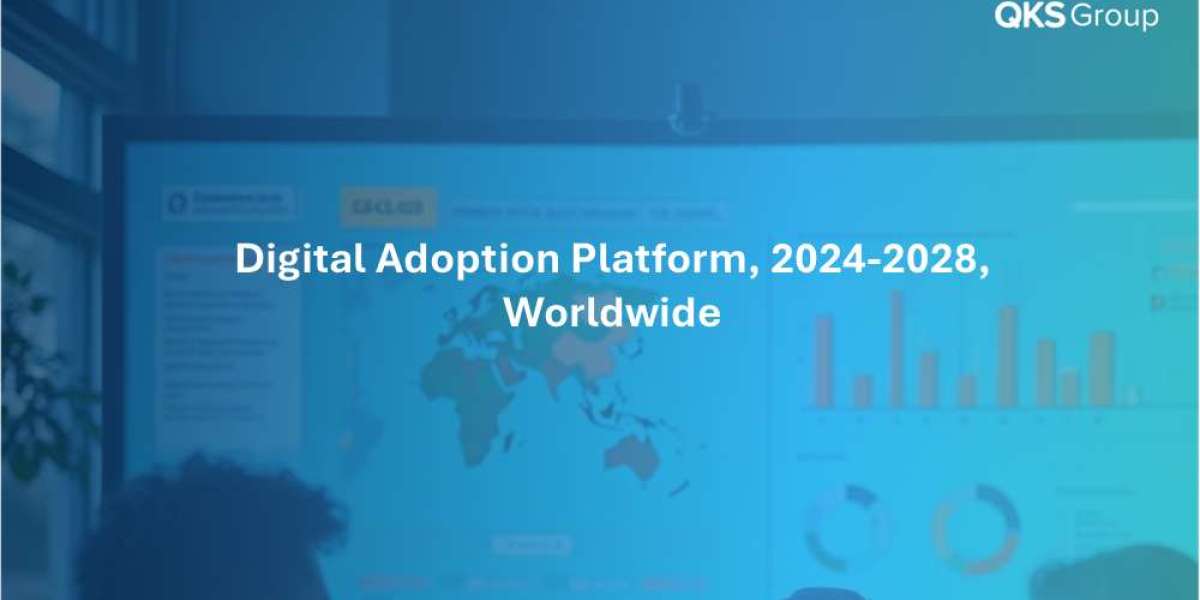As organizations continue accelerating their digital transformation journeys, cloud-native architectures have become the foundation for modern application development. With microservices, container orchestration platforms, and multi-cloud deployments now standard across industries, securing these complex and dynamic environments has become a strategic priority. In line with this growing demand, QKS Group reveals that the Cloud-Native Application Protection Platform Market is projected to register an impressive CAGR of 16.1% by 2027, underscoring the increasing reliance on intelligent, automated, and integrated cloud-native security solutions.
A Cloud-Native Application Protection Platform (CNAPP) represents a unified security approach that protects the full lifecycle of cloud-native applications. Unlike traditional security tools that struggle to keep pace with distributed architectures, CNAPP solutions are purpose-built to safeguard containers, serverless functions, APIs, and microservices-based applications. They address the inherent challenges of cloud-native environments by bringing together multiple capabilities—including vulnerability management, runtime protection, container security, and identity and access monitoring—into a single, cohesive platform.
At their core, CNAPPs leverage advanced automation, policy orchestration, and machine learning–powered analytics to provide real-time detection of sophisticated threats. Modern cloud environments operate at scale and change rapidly; CNAPPs monitor continuously, analyze behavior patterns, and detect anomalies instantly to prevent lateral movement and breaches. This proactive and adaptive approach ensures that organizations can maintain strong security postures while supporting rapid deployment and agile development processes.
The Growing Importance of DevSecOps and Integrated Security
One of the major factors driving the expansion of the Cloud-Native Application Protection Platform Market is the rapid adoption of DevSecOps. By embedding security controls into every phase of the software development lifecycle (SDLC), CNAPPs make it easier for development and security teams to collaborate. This ensures that vulnerabilities are identified early, misconfigurations are resolved automatically, and compliance is maintained without disrupting development velocity.
Traditional security workflows are often reactive and fragmented, creating bottlenecks that slow delivery cycles. CNAPPs, however, integrate seamlessly into CI/CD pipelines, enforce security guardrails, automate testing, and deliver actionable insights directly to developers. This accelerates time-to-market while ensuring that applications are secure from code to deployment.
Comprehensive Threat Protection for Cloud-Native Environments
The shift to cloud-native computing has introduced new attack vectors, including insecure APIs, misconfigured Kubernetes clusters, exposed secrets, and vulnerabilities within container images. CNAPPs address these challenges by offering end-to-end visibility across the entire cloud-native stack.
Key capabilities typically include:
- Container and Kubernetes Security – Scanning images, securing clusters, enforcing policies, and continuously monitoring runtime behavior.
- Cloud Infrastructure Entitlement Management (CIEM) – Managing identities, permissions, and access controls across complex cloud ecosystems.
- Runtime Application Self-Protection (RASP) – Detecting and blocking real-time attacks during application execution.
- API Security – Protecting APIs from misuse, injection attacks, and unauthorized access.
- Continuous Compliance – Automating adherence to regulatory standards such as PCI DSS, HIPAA, GDPR, and ISO 27001.
Together, these capabilities help organizations mitigate risks, safeguard sensitive data, and maintain compliance in dynamic cloud-native environments.
Cloud-Native Application Development Services: Enabling Scalable, Agile, and Secure Digital Transformation
QKS Group defines Cloud-Native Application Development Services (CNADS) as solutions and methodologies designed to create, deploy, and manage applications that are agile, scalable, cost-efficient, and secure. These services utilize next-generation technologies—including containers and microservices—to enhance performance and resilience across multi-cloud environments.
By integrating DevOps principles, CNADS streamline development cycles, automate workflows, and reduce time-to-market, allowing organizations to deliver innovative software faster and with higher quality. The combination of microservices architecture and automated security controls ensures that applications can scale efficiently and handle fluctuating workloads while maintaining strong protection against emerging threats.
Organizations leveraging CNADS benefit from:
- Effective Legacy Modernization – Upgrading outdated systems into agile, cloud-ready architectures.
- Operational Efficiency – Automating tasks and optimizing resource utilization.
- Superior Customer Experience – Delivering performance-driven, scalable applications.
- Improved Flexibility – Adapting quickly to evolving market needs and technology advancements.
As businesses increasingly adopt cloud-native technologies, the synergy between CNADS and CNAPP solutions becomes crucial. Together, they empower enterprises to innovate confidently, knowing that their applications remain secure throughout the development lifecycle.
Market Outlook and Future Trends
As highlighted by QKS Group, the Cloud-Native Application Protection Platform Market is set for substantial expansion. Several factors are fueling this growth, including:
- The rising frequency and sophistication of cyber threats targeting cloud-native assets
- Increased adoption of containers and microservices across industries
- Growing need for continuous compliance in regulated sectors
- Expansion of multi-cloud and hybrid cloud strategies
- Surge in digital transformation initiatives and remote operations
Looking ahead, CNAPP platforms will continue evolving to offer deeper automation, broader integrations, and more intelligent analytics. Artificial intelligence, identity-centric security models, and unified policy engines will further strengthen their ability to protect cloud-native ecosystems.
#CNAPP #CloudSecurity #CloudNative #DevSecOps #QKSGroup



